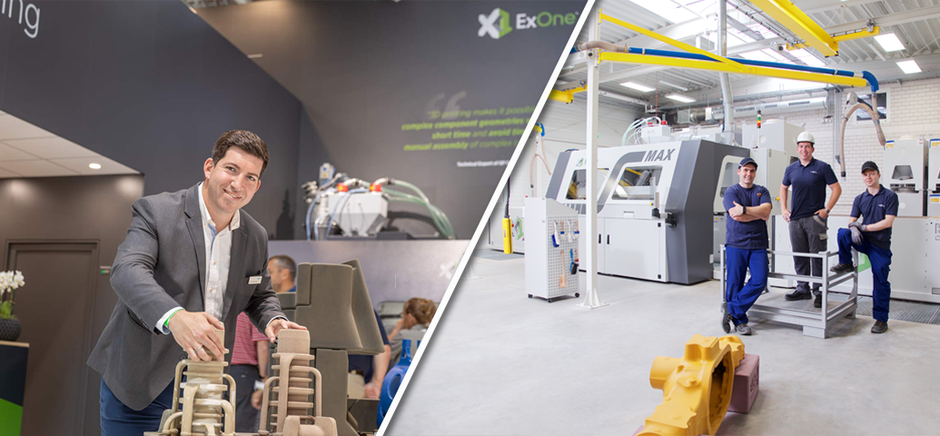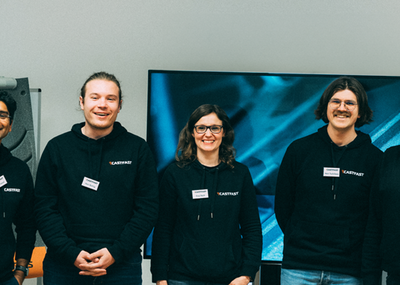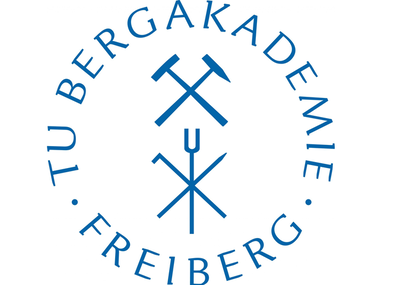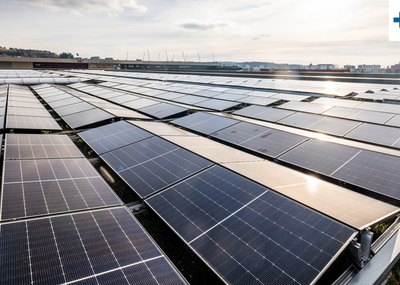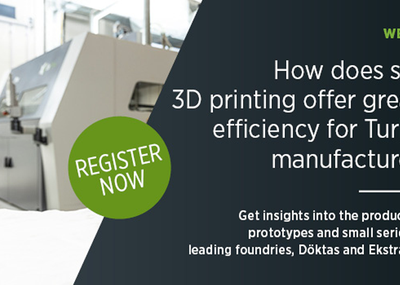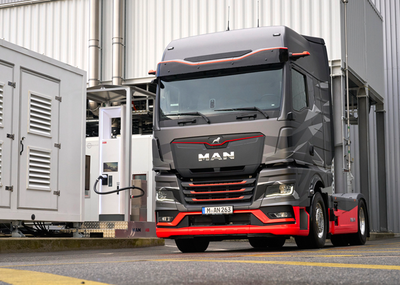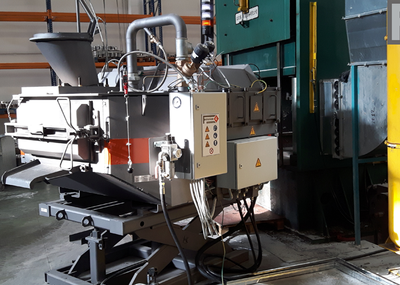In the production process, the foundry creates green sand molds fully automatically with the aid of pattern plates, which serve as negatives for the subsequent casting contour. Cores, shot in the cold box process, form the inner cavities of the castings. Due to the high initial expenditures such as for models and core boxes as well as for the production of prototypes, the production process involved a lot of costs and time.
Usually, it can take months for foundries to produce a single prototype. This increases the time to market for the customer. As times changed, the requirements for early delivery and complexity of such prototypes became more and more demanding, which could hardly be realized by conventional means.
“We were facing different challenges producing small quantities due to high pattern and core box costs caused by our big molding line. That’s why we investigated 3D printing,” explained Lukas Blumenauer, the Head of Additive Manufacturing at GF Casting Solutions Leipzig GmbH.
Thus, the foundry decided in 2017 to invest in a 3D sand printer from ExOne, the S-Max®, to produce rapid prototypes as well as complicated cores for series production. Thanks to the 3D printer, the foundry can fabricate complicated component geometries within a very short time without having to produce patterns and core boxes. Furthermore time-consuming assembly steps of complicated core structures can be avoided.
GF Casting Solutions Leipzig GmbH continuously explores new applications to be realized with additive manufacturing. The foundry has witnessed that the 3D sand printing technology has developed and spread significantly in recent years, leading to wider acceptance and thereby increased demands by foundries. The company has been following this development closely, especially in the field of 3D printing with Cold Hardening Phenol (CHP) binder. In addition to that, the company has driven a cooperation with ExOne in order to be fit for the future. For this reason, the company has taken the step of adding a second ExOne printer, the S-Max® Pro, to its production in June 2023.
The foundry’s adoption of 3D printing technology has expanded, enabling it to produce parts from 5 kg to 1,100 kg starting at one piece. As the CHP sand printing process is suitable for steel and aluminum castings as well, partnerships have been established to offer those materials to its customers, too.
Sand cores for hydraulic rotary transmissions
The core for the rotary transmission is an example of a very complicated core that GF Casting Solutions Leipzig GmbH produces. When the foundry still produced the cores conventionally, 12 partial cores were needed to form undercuts and thin channels. The core assembly was time-consuming and error-prone.
Thanks to the design freedom of 3D printing, the foundry can produce the cores for the hydraulic transmission in one piece only. The quality of the cores has improved significantly and the laborious manual assembly and subsequent fettling work is reduced.
Lukas Blumenauer shared that sand 3D printing has positively affected the foundry’s entire workflow.
“After the casting, grinding and fettling work is drastically reduced, as the CHP binder leads to very good surfaces, even using uncoated printed cores. Conventionally made cores need to be coated to meet the customer requirements. This helps to reduce the labor times. The elimination of the core assembly itself saves labor time as well. Furthermore, the tolerances are reduced because of the elimination of assembly inaccuracies.”
Download ExOne’s case study to learn more about it: https://teamdm.com/ExOne-GFCastingSolutionsLeipzig

